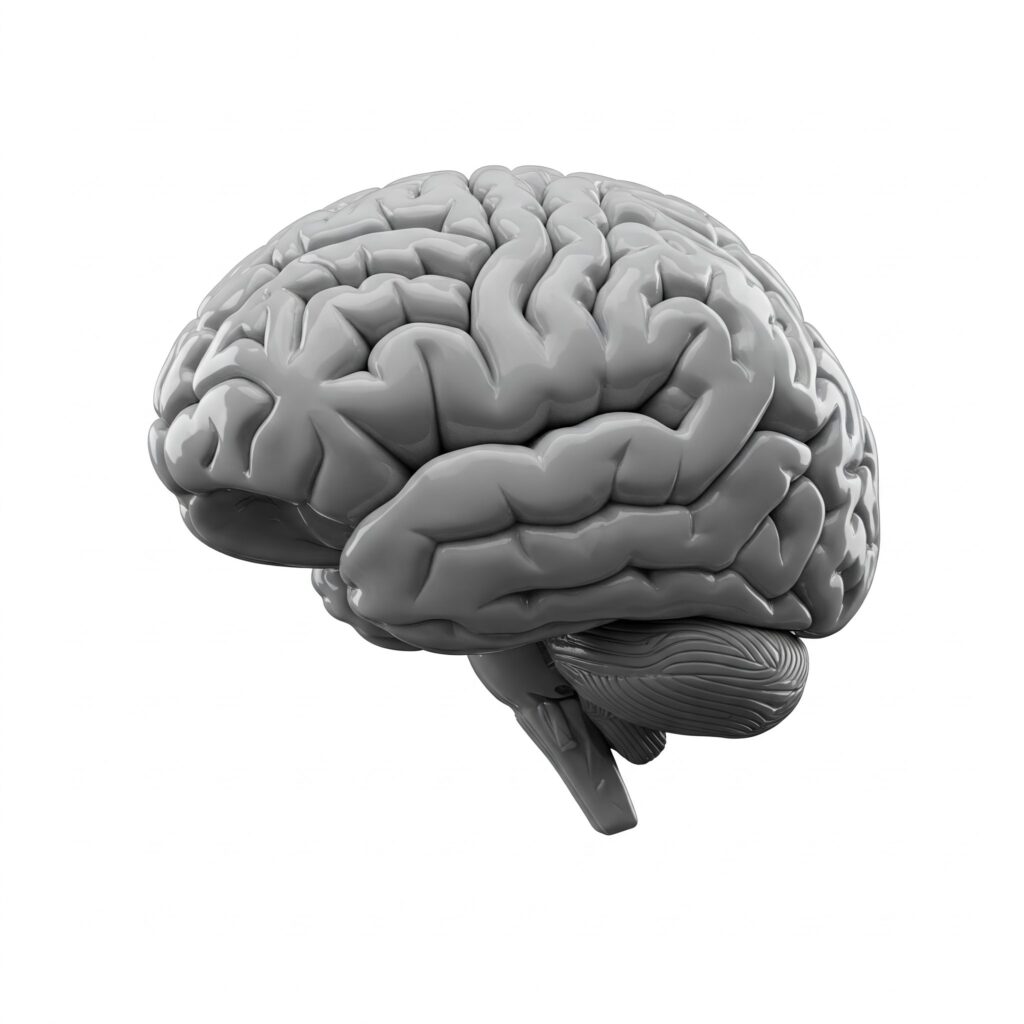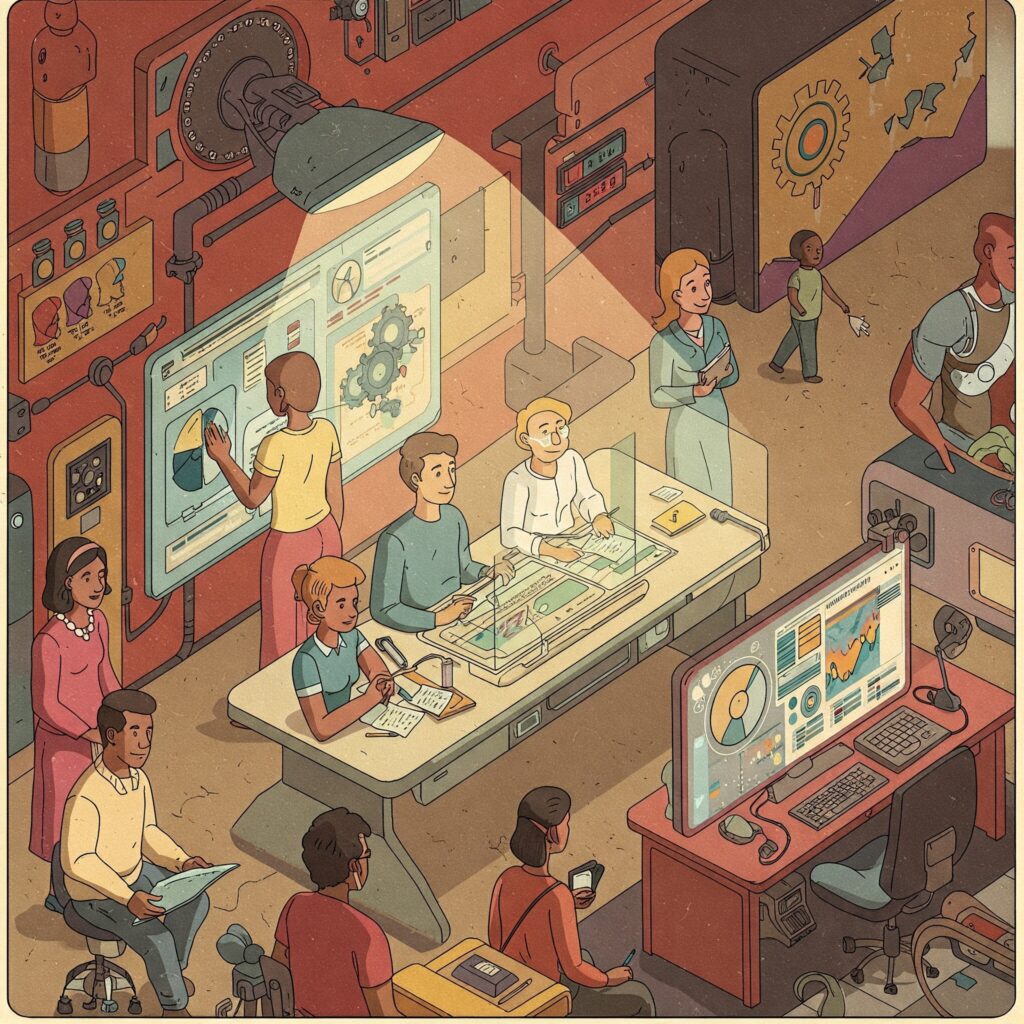Max Weber’s concept of rationality stands as a cornerstone in his sociological framework, profoundly influencing his understanding of modern society, the development of capitalism, the structure of law, and the nature of bureaucracy. His exploration of rationality is inseparably linked to the broader historical process of rationalization, which he identified as a defining characteristic of modern life. This transition marks a historical shift away from actions driven by emotion, mysticism, and tradition towards those based on reason, calculability, predictability, and efficiency. While Weber recognized the instrumental benefits of rationalization for societal progress, efficiency, and development, he also harbored deep concerns about its potential to erode individual freedoms and diminish the human spirit. This inherent tension between the advantages and disadvantages of rationalization permeates his work, setting the stage for a nuanced analysis of modernity.

Types of Rationality
Weber delineated several distinct forms of rationality, each representing different ways in which individuals and institutions operate within the context of social and economic life. These categories provide a framework for understanding how rationality influences various aspects of social organization and individual behavior.
Practical rationality, the first type identified by Weber, is concerned with the pragmatic navigation of everyday life through problem-solving based on accumulated experience. It involves a calculated approach to determining the most effective means to achieve specific, often immediate, goals, guided more by expediency and self-interest than by overarching moral or ethical considerations. This form of rationality is oriented towards achieving tangible outcomes in the short term and is deeply rooted in common sense and a pragmatic acceptance of existing realities. For instance, a business owner deciding on the most cost-effective strategy to manage their enterprise exemplifies practical rationality by prioritizing efficiency and immediate results. This type of rationality reflects a more egoistic approach to addressing daily challenges, focusing on what works in the here and now without necessarily adhering to broader theoretical or value-based frameworks.
Theoretical rationality, in contrast, represents a cognitive endeavor focused on understanding and interpreting the world through the systematic application of abstract concepts and logical reasoning. It is concerned with intellectual mastery of reality rather than direct action, encompassing fields such as scientific inquiry, philosophical exploration, and formal academic disciplines. While practical rationality deals with immediate action, theoretical rationality is driven by an inherent quest for knowledge and the logical ordering of empirical phenomena through processes like deduction and induction. Examples include scientists formulating theories about natural laws or philosophers seeking to define abstract concepts like justice. Although theoretical rationality operates primarily through thought, it can indirectly shape action by influencing worldviews and providing coherent explanations for seemingly random events. This indirect influence highlights a two-step process where intellectual understanding can eventually lead to new patterns of behavior.
Substantive rationality, also known as value rationality, involves actions that are guided by deeply held values, ethical principles, or beliefs about what is inherently right or meaningful. Decisions made under substantive rationality are evaluated based on their congruence with these values, irrespective of their efficiency or practicality in achieving other goals. It represents a conscious ordering of action in relation to a “value postulate,” where choices are made because they are seen as consistent with a particular set of values, even if not the most efficient. An individual choosing to donate to a charitable cause despite personal financial constraints because of a moral conviction to help others is an example of acting based on substantive rationality. This form of rationality underscores the crucial role of values in shaping human action and emphasizes that rationality is not solely about efficient goal attainment but also about aligning actions with one’s core beliefs. The inherently perspectival nature of these values means that what is considered rational from one value standpoint might be seen as irrational from another.
Formal rationality, the final type in Weber’s typology, is central to his analysis of modern institutions and involves decision-making based on universally applied rules, laws, and systematic calculations. This form of rationality is predominantly found in bureaucracies, legal systems, and capitalist economies, where efficiency and predictability are prioritized through standardization and impersonal procedures. A modern legal system where judges make rulings based on codified laws rather than personal intuition exemplifies formal rationality. Similarly, a factory owner calculating profits and losses based on market rules is employing formal rationality. This type of rationality is closely linked to the development of bureaucratic structures and capitalist systems, focusing on impersonal rules and calculability, which has profound implications for the organization of modern society.
Rationalization of Modern Society
The process of rationalization, particularly the increasing dominance of formal rationality, was, according to Weber, a primary force driving the development of modern Western societies. Rationalization signifies a historical transition from institutional structures that engender actions based on emotion, mysticism, tradition, and religion towards those that produce actions grounded in reason, calculability, predictability, and efficiency. This shift involves a fundamental change in how societies organize themselves, moving from traditional or charismatic forms of authority to systems based on impersonal rules and procedures.
Weber’s seminal work, The Protestant Ethic and the Spirit of Capitalism, explores how this process of rationalization contributed to the rise of modern capitalism. He argued that the Western form of capitalism is fundamentally based on formal rationality, where economic activities are governed by systematic calculations of profit and loss. The capitalist system relies heavily on rational decision-making processes such as accounting, financial planning, and the use of contracts, all underpinned by the drive for exact calculability. Weber traced the origins of this rational capitalist mindset to the Protestant ethic, particularly Calvinism, which emphasized values like hard work, frugality, and the rational pursuit of profit as a form of worldly asceticism and a sign of potential salvation. This religious ethos, over time, fostered a specific “spirit of capitalism” characterized by a methodical and rational approach to economic activity, viewing it as a “calling” or Beruf. Consequently, the Protestant ethic contributed to the development of an economic system that prioritizes efficiency, predictability, and rational organization in the relentless pursuit of profit.
The rationalization of law and government represents another critical dimension of modernity according to Weber. In contrast to pre-modern societies where law was often rooted in tradition or the arbitrary will of rulers, modern legal systems are distinguished by their formal rationality, featuring codified laws and decisions made based on established rules rather than personal whims. This shift towards legal rationalization is intrinsically linked to the rise of bureaucratic states, where governance is conducted according to fixed rules and procedures rather than the subjective preferences of individual rulers. Weber viewed bureaucracy as the quintessential embodiment of rational-legal authority, providing an efficient and predictable framework for governance based on impersonal rules and a hierarchical structure of offices. In modern nation-states, authority is fundamentally based on these rational-legal principles.
Weber also examined the rationalization of religion, particularly within Western societies. He observed a historical trend in religious institutions, especially Protestantism, towards the elimination of magical and mystical elements in favor of more systematic and ethical teachings. Rationalized religions place a greater emphasis on ethical codes of conduct and logical doctrines rather than supernatural practices or the authority of charismatic leaders. In contemporary societies, religious institutions often operate within the framework of rationalized bureaucratic structures, where doctrine, practice, and organization are formalized and regulated. This process of rationalization in the religious sphere led to what Weber famously termed the “disenchantment of the world” (Entzauberung), where magical and spiritual explanations for phenomena were progressively replaced by rational and scientific understandings. This intellectual shift, beginning with ancient Judaism and culminating in ascetic Protestantism, marked a profound transformation in the way individuals perceived and interacted with the world.
Rationality and Disenchantment
While Weber acknowledged the efficiency and various benefits associated with rationalization, he also expressed deep concern regarding its consequences for individuals and society. He famously described modern life as undergoing “disenchantment” (Entzauberung), referring to the erosion of the mystical, spiritual, and emotional dimensions of human existence as rationality and science increasingly gained dominance. In pre-modern societies, people often believed in magic, supernatural forces, and charismatic leadership. However, with the pervasive rationalization of thought and institutions, Weber believed these elements were gradually stripped away, leaving behind a world governed by impersonal forces and calculated decision-making. While this resulted in a more predictable and controlled society, Weber feared that it had simultaneously lost its capacity for wonder, deeper meaning, and connection to the transcendent. This loss of inherent mystery and meaning, despite the gains in predictability and control, represents a central paradox of modernity as envisioned by Weber.

Rationality and the “Iron Cage”
Weber’s most renowned critique of rationalization is encapsulated in his metaphor of the “iron cage” (Gehäuse). This concept describes how the relentless advancement of rationalization, particularly in its formal manifestation, can lead to individuals becoming trapped within systems of rules, procedures, and regulations that severely restrict human freedom and creativity. Within a highly rationalized society, individuals are often reduced to mere functionaries within vast bureaucratic structures that prioritize efficiency above personal values or individual choice. People are compelled to conform to the rigid and impersonal rules of rational institutions, which can foster feelings of alienation and a significant loss of autonomy. Furthermore, the intense focus on efficiency and predictability inherent in formal rationality can strip away the essential human elements from interpersonal relationships, the nature of work, and broader social interactions. Bureaucracies, for instance, tend to treat individuals as mere numbers or cases rather than as unique human beings with their own emotions, needs, and personal histories. Weber also cautioned that rationality could devolve into a purely instrumental form, where the primary focus becomes identifying the most efficient means to achieve a given goal, without any substantive consideration of the ethical or moral implications of those actions. This dominance of instrumental rationality carries the risk of leading to detrimental consequences if the pursuit of efficiency overshadows fundamental concerns for human welfare, justice, or compassion. The ongoing scholarly debate surrounding the most accurate translation of Weber’s original German term stahlhartes Gehäuse as either “iron cage” or “steel-hard casing” further underscores the complexity and enduring significance of this metaphor in understanding the constraining forces of modern rationalized systems.
Legacy of Weber
Max Weber’s analysis of rationality has exerted a profound and lasting influence across the spectrum of social sciences, including sociology, economics, and political theory. His ideas regarding the rationalization of modern life have shaped scholarly debates on topics ranging from the development of capitalism and the structure of law to the nature of bureaucracy and the role of religion. Concerns prevalent in modern times, such as the potentially dehumanizing effects of advanced technology, the increasing control exerted by bureaucratic systems, and the management practices of large corporations, directly reflect the anxieties articulated by Weber over a century ago. The persistent tension between the pursuit of efficiency and the preservation of human values, as well as the delicate balance between individual freedom and the necessity of rational control, remains a central theme in contemporary discussions about the future of work, the nature of governance, and the organization of social life.
Weber’s concept of rationality and the process of rationalization continue to be subjects of extensive scholarly debate and diverse interpretations. Scholars have explored the nuances of his typology of rationality and have offered alternative perspectives on his broader theory of rationalization. Some interpretations emphasize the multifaceted nature of rationalization as a collection of distinct processes operating across different social spheres , while others focus on the inherent tension between formal rationality, driven by efficiency and calculation, and substantive rationality, guided by values and ethics. The applicability of Weber’s Western-centric concept of rationality to non-Western cultural contexts has also been a subject of inquiry. Furthermore, scholars have explored the seemingly paradoxical role of irrationality within highly rationalized societies , questioning whether the pursuit of rationality can inadvertently lead to irrational outcomes and whether Weber adequately accounted for non-rational motivations in human action.
Conclusion
In conclusion, Weber’s exploration of rationality provides a powerful and enduring framework for comprehending the trajectory of modern society. He astutely identified rationalization as a central force propelling the rise of capitalism, the bureaucratic state, and formalized legal systems. However, his analysis was marked by a profound ambivalence, recognizing that while rationality brought about advancements in efficiency, predictability, and overall progress, it also carried significant risks of dehumanizing individuals and stripping life of its intrinsic meaning. Weber’s concept of rationality, with its various dimensions and the overarching process of rationalization, remains indispensable for understanding the complexities and inherent contradictions of contemporary life, highlighting both the promises and the potential perils of an increasingly rationalized world.


